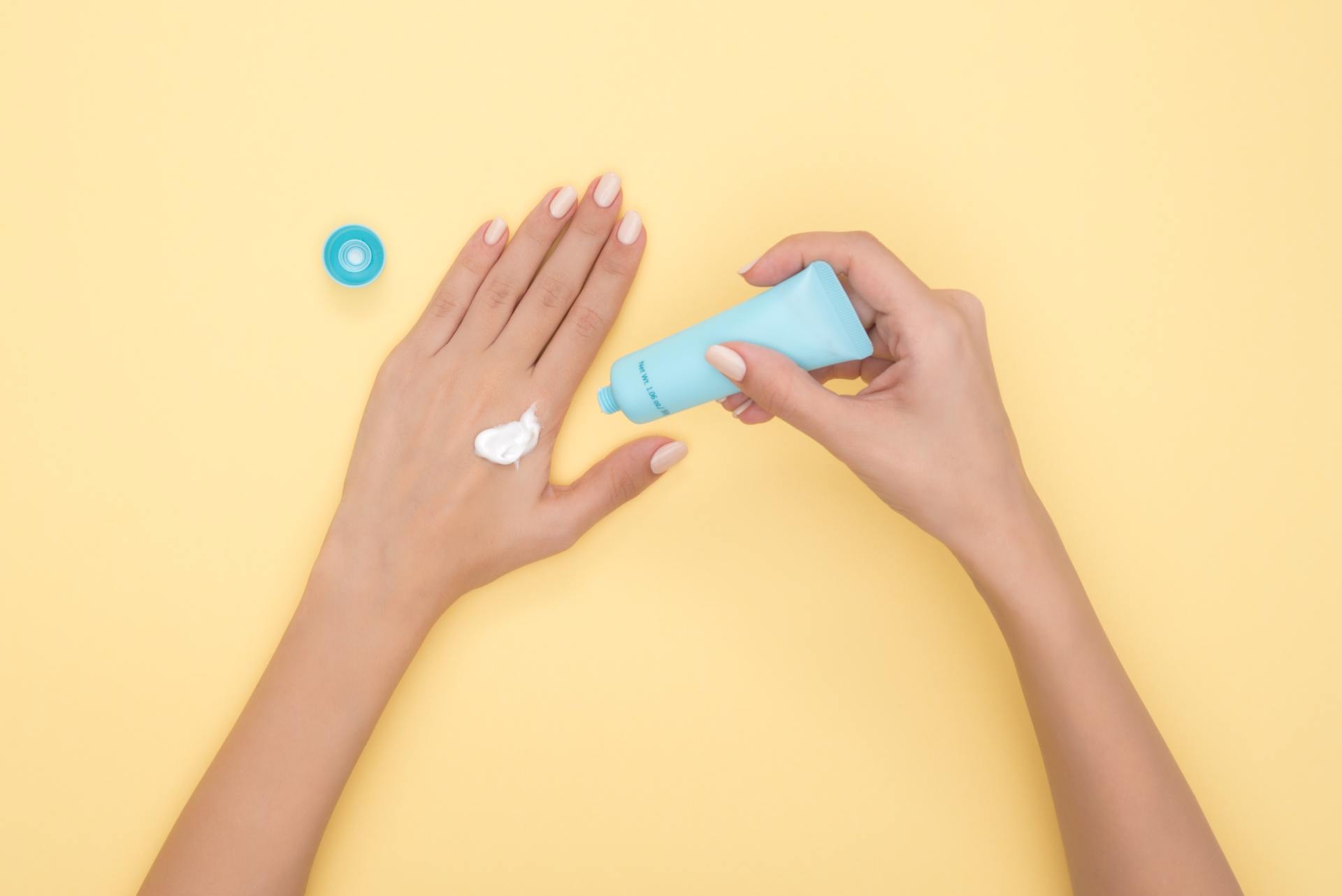Blog Post
Sunscreens and Bug Repellants that Won't Hurt Your Skin
- By Dorothy Andreas
- •
- 28 May, 2019
- •

As much as we all love spending summer enjoying the beautiful outdoors and sunshine, it puts our skin at risk to sun exposure and bug bites. Luckily, sunscreen and bug repellant can take care of these issues. However, it can be difficult to choose the best and safest products for your skin. Here are a few tips to keep in mind when selecting sunscreens and bug repellents that won’t hurt your skin.
Tips for Finding the Right Sunscreen
Everyone needs sunscreen, period. It’s a common myth that those of us with darker skin don’t need to wear sunscreen. Even if you’re not prone to getting sunburn, going without can still leave your skin vulnerable to other issues down the road. Keep these factors in mind when selecting your sunscreen to keep yourself and your family safe all summer long.
- Make sure your sunscreen has broad spectrum protection. While all sunscreens protect against UVB rays, only broad spectrum products protect against both UVA and UVB rays. This will ensure that you are protected from not only sunburn, but from other skin-related issues.
- Choose a sunscreen with SPF 30 or greater: The SPF number tells you the level of protection the product provides against UVB rays. As you increase the SPF number, the smaller the difference in protection becomes. For example, SPF 15 products filter out 93% of rays, SPF 30 products filter out 97% and SPF 100 products protect from about 99%.
- Keep in mind that “water resistant” does not mean “waterproof.” No sunscreen is actually “waterproof.” If a product is labeled “water resistant,” make sure to note how often you should reapply. In general, sunscreen should be reapplied at least every two hours and even more often if you are sweating or swimming.
- Make sure your sunscreen has broad spectrum protection. While all sunscreens protect against UVB rays, only broad spectrum products protect against both UVA and UVB rays. This will ensure that you are protected from not only sunburn, but from other skin-related issues.
- Choose a sunscreen with SPF 30 or greater: The SPF number tells you the level of protection the product provides against UVB rays. As you increase the SPF number, the smaller the difference in protection becomes. For example, SPF 15 products filter out 93% of rays, SPF 30 products filter out 97% and SPF 100 products protect from about 99%.
- Keep in mind that “water resistant” does not mean “waterproof.” No sunscreen is actually “waterproof.” If a product is labeled “water resistant,” make sure to note how often you should reapply. In general, sunscreen should be reapplied at least every two hours and even more often if you are sweating or swimming.
What's in Your Bug Repellant?
In terms of effectiveness, repellents that include DEET or Picaridin are the gold standard. However, these chemicals may be toxic or harsh on your skin. If you want a more gentle skin product, consider products that use the following:
- Synthesized Plant Oils: While still considered chemicals, they are potentially less harmful than products like DEET or Picaridin. Some examples of these chemicals include lemon eucalyptus oil and IR3535—a synthetic based on a natural amino acid.
-Natural (Nonsynthesized) Plant Oils: It’s important to keep in mind that these oils are not regulated for safety or effectiveness by the EPA. In general, they are considered less effective than their chemical counterparts and must be reapplied far more frequently. They’re a good option if you want an organic approach to bug repellants, but be careful.
- Synthesized Plant Oils: While still considered chemicals, they are potentially less harmful than products like DEET or Picaridin. Some examples of these chemicals include lemon eucalyptus oil and IR3535—a synthetic based on a natural amino acid.
-Natural (Nonsynthesized) Plant Oils: It’s important to keep in mind that these oils are not regulated for safety or effectiveness by the EPA. In general, they are considered less effective than their chemical counterparts and must be reapplied far more frequently. They’re a good option if you want an organic approach to bug repellants, but be careful.
The tips provided above a general advice and may not account for your specific needs. If you’re uncertain about the best sunscreen and/or bug repellant for your situation, consult your dermatologist or doctor.
Explore Sewickley Spa therapies and facials
Protecting your skin is important, but sometimes using a lot of product can make your skin feel not quite at its best. Consider resetting your skin with our rejuvenating facials or luxurious body wraps. Check out a full menu of our services here.
Share
Tweet
Share
Mail
ADDRESS
OPENING HOURS
- Monday
- Closed
- Tue - Thu
- -
- Fri - Sat
- -
- Sunday
- Closed










